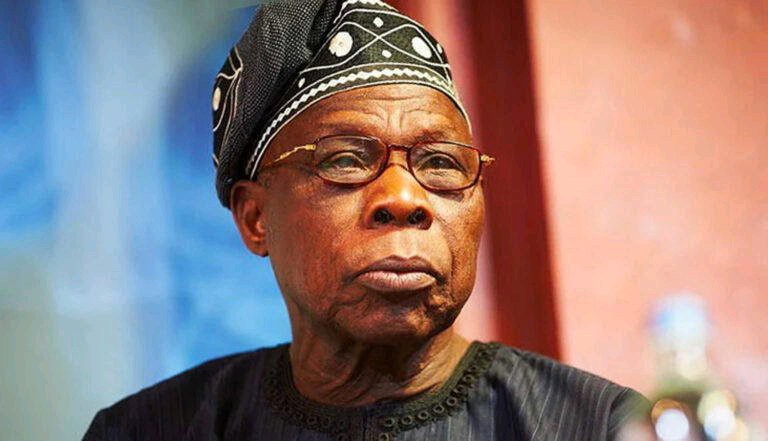When Nigeria decided to build a new capital city, Abuja, they brought in experts from Japan to help plan it. But former President Olusegun Obasanjo worried that something important might be missing from their fancy blueprints – the soul of Nigeria.
“When the Japanese team showed us their master plan for Abuja, I felt uneasy,” Obasanjo recalled in a recent interview from 11:49. “It all looked good on paper, but it felt too artificial. I wondered, ‘Where’s the Nigerian spirit in all this?'”
The Japanese planners had some big ideas. They wanted to limit Abuja’s population to 3 million people and build three big circular roads. It sounded impressive, but Obasanjo feared it might create a city that looked great but didn’t feel like home to Nigerians.
“I said to the leader of the Japanese group, ‘I’m worried,'” Obasanjo shared. “And he asked me why. So I told him, ‘Look, I don’t want a city where I won’t be able to buy suya or beer.'”
Suya, a spicy grilled meat, and beer are more than just food and drink in Nigeria. They represent the lively street culture and social life that make Nigerian cities vibrant and unique.
Urban planner explained why Obasanjo’s concerns were so important: “A city isn’t just buildings and roads. It’s about creating spaces where people can live, work, and enjoy their culture. Obasanjo was right to worry about losing that Nigerian flavor in the rush to build a modern capital.”
The Japanese planners were confused at first. They didn’t know what suya was or why it mattered so much. But after Obasanjo explained, they understood that these small details were crucial to making Abuja feel like a real Nigerian city, not just a shiny new town that could be anywhere in the world.
“After we talked about suya and beer, the Japanese team promised me that when the city is built, I’ll be able to find these things,” Obasanjo said with a smile. “They assured me they’d make sure to include our local culture in their plans.”
Obasanjo’s insistence on including everyday Nigerian experiences in Abuja’s design helped create a capital city that’s both modern and authentically Nigerian. It’s a lesson in how to build cities that work well but don’t lose their cultural heart.
“A city without its people’s culture is just a collection of buildings,” Obasanjo concluded. “I wanted Abuja to be more than that. I wanted it to be a place where you could see the best of modern Nigeria, but also taste, smell, and feel the spirit of our country. I think we managed to achieve that balance.”

